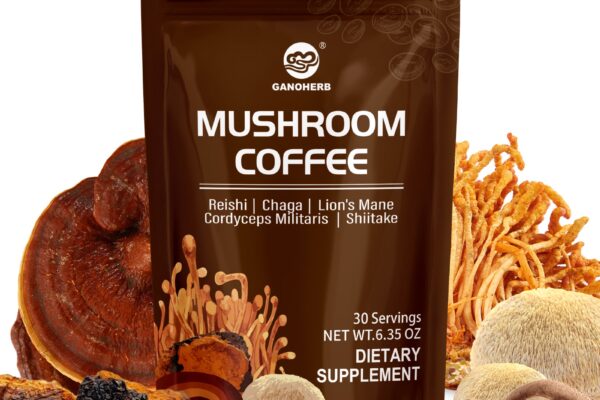Blog
Is it Healthier to Drink Tea Than Coffee?
Most people know that coffee can be unhealthy if it contains excessive amounts of sugar and cream, but many have heard tea might be better for you. Is this really the case?
Tea is produced from the leaves of Camellia sinensis plant, usually by steeping it with hot water for several minutes, before serving in individual cups. There are various varieties such as green, black and oolong tea available. Tea contains polyphenols which have been shown to reduce risk factors associated with heart disease, diabetes and cancer while its antioxidants come mainly from catechins and theaflavins; tea also boasts lower caloric intake if served without milk or sugar added!
Sweeteners add additional calories to any beverage and some studies have linked drinking more tea with lower blood pressure; however, more research and human trials must be completed to verify these findings.
Although tea can have many health advantages, its consumption should be done so in moderation. Drinking more than four cups a day may increase stress and anxiety while increasing cortisol levels can raise blood pressure and sugar levels while disrupting metabolism – all factors to take into consideration when deciding whether or not switching from coffee to tea.
Coffee and tea both contain beneficial antioxidants, but coffee packs more caffeine than its tea-drinking counterpart. One 8-ounce cup of brewed coffee contains over double the amount of caffeine as its tea equivalent in one sitting.
As noted above, regular coffee consumption can elevate cortisol levels and cause disruptions in sleep patterns, leading to dehydration. Water should be consumed throughout the day to stay hydrated; tea, on the other hand, can soothe both mind and body before bedtime – it may also help ease falling asleep at night!
Tea can be an ideal way to reduce caffeine intake or stay alert during the day. We suggest switching over to green or oolong tea for one week and seeing how this impacts your energy levels and productivity; you could even try drinking herbal tea before bed to relax nerves and promote better restful slumber.
Both tea and coffee can have health-promoting properties, depending on its type, preparation method and your consumption amount. For optimal caffeine intake, herbal teas without caffeine should be your go-to beverage; otherwise both can make up part of a balanced diet; just check ingredients beforehand when selecting organic products as pesticide use on non-organic crops may be harmful.



